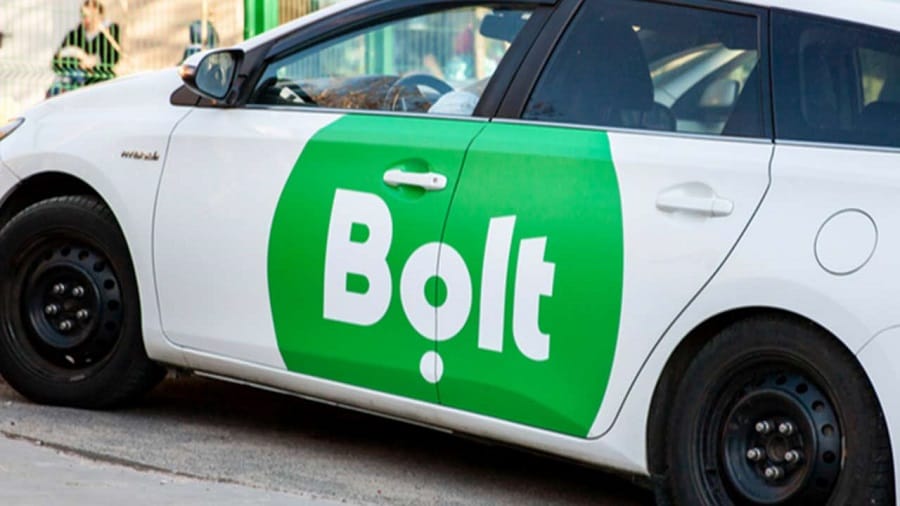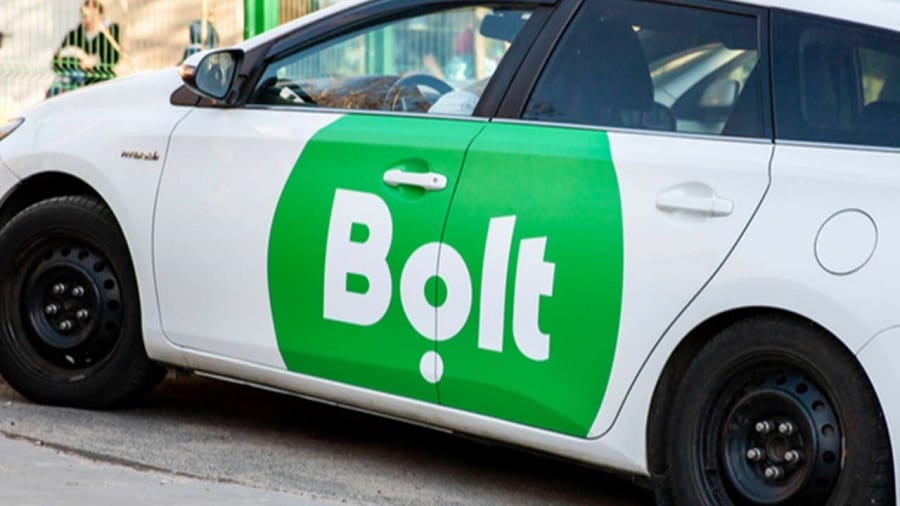BD Insider: Why Bolt is trying to entice its drivers back
In this letter, we explore; Bolt offers drivers a 15% commission kickback amidst struggles, Netflix price hike sparks outrage in Nigeria, Ticketmaster expands footprint in Africa.

It’s that time of the month when we look forward to the credit alert beep on your phone. July has been long, but the end is finally here.
This is also a good time to remind you that we launched a career newsletter called Level Up earlier this month. It’s a newsletter focused on helping African tech professionals break barriers and limits associated with the African Tech space. You can join our community here.
In this letter, we explore:
- Bolt offers drivers a 15% commission kickback amidst struggles
- Netflix price hike sparks outrage in Nigeria
- Ticketmaster expands footprint in Africa
We also curated updates on startup funding in Africa, weekend reads, and several opportunities.
The big three!
#1 Bolt offers drivers a 15% commission kickback amidst struggles

Ride-hailing platform Bolt is facing significant challenges in retaining drivers as competition from Uber and InDrive intensifies. To entice drivers to stay on its platform, Bolt is offering a 15% commission kickback bonus for Nigerian drivers who meet specific criteria. The offer started on Wednesday and will last from 5 a.m. to 11:59 p.m.
Specifically, Bolt's message to drivers stated, “Get a 15% commission kickback bonus by just driving five trips. Just finish five trips in a day with a 40% acceptance rate and a 55% completion rate to get a 15% commission kickback bonus on all your trips.”
The acceptance rate indicates the percentage of orders drivers have accepted out of their last 100 requests. An acceptance rate above 80% is considered good, while a rate below 60% is frowned upon and can lead to the driver being blocked. A driver's acceptance rate increases when they accept incoming requests and decreases when they ignore or reject orders within their set driving radius.
Bolt's declining popularity among drivers can be attributed to factors such as its rigid acceptance rating system and potentially lower earnings compared to competitors. In May 2024, in a bid to address these issues, Bolt introduced a bidding system similar to inDrive's negotiating mode. This system allows drivers to negotiate prices with riders, aiming to incentivise drivers and increase riders' chances of securing rides during peak hours. In March, it also introduced fuel and insurance discounts for driver-partners in Nigeria as part of the Bolt Rewards program.
In addition to incentives, Bolt has launched various partnerships and programs to strengthen bonds with drivers and boost engagement. These initiatives include a recent Drivers Novelty Match in June and a partnership with credit technology company Advancly to provide short-term loans to drivers on its platform.
Zoom Out: Bolt’s driver issues extend beyond Nigeria. Earlier this month, Kenyan ride-hailing drivers embarked on a five-day strike demanding better pay. The company had to suspend over 6,000 drivers in South Africa due to misconduct within the last six months.
This is not the first time Bolt has offered financial incentives to either drivers or riders. In March, it introduced a 50% discount for riders in Egypt to support its expansion into the country. When it launched in Zimbabwe in January, the company offered to waive driver commissions for at least six months.
#2 Netflix price hike sparks outrage in Nigeria
Photo by Matoo.Studio on Unsplash
Months after losing its market leader spot in Africa to Showmax, Netflix has once again ruffled feathers in Nigeria with its latest round of price hikes. This is the second time in just four months that the streaming giant has increased its subscription fees, leaving many Nigerians wondering why the streaming service is becoming increasingly difficult to afford.
By how much? Per a recent notice sent to their customers, the platform announced that its premium plan, currently priced at ₦5,000 ($3.14), will now cost ₦7,000 ($4.40). The standard plan has also been increased from ₦4,000 ($2.51) to ₦5,500 ($3.46), the mobile plan now costs ₦2,200 ($1.38), while the basic plan is at ₦3,500 ($2.20). This hike comes on the back of a price increase in April.
The company stated these changes were intended to boost revenue and earnings growth, following their strategy of periodic price increases to support the expansion of content offerings. It also confirmed it would begin testing ad-supported, a lower-priced subscription tier in Nigeria.
Context: Nigeria is not the only country where the platform has increased its prices, as adjustments have also been carried out in markets like the United States, United Kingdom, and France.
Netflix’s competitor, Showmax, has also had to increase its prices twice this year first, in January, when it revamped its video streaming platform, and then in July, when it raised the prices of all its packages except the Premier League package. Multichoice has also increased its pricing three times this year alone.
Despite boasting the continent's highest population, Nigeria is still a small market for Netflix, accounting for only 10.5% of Netflix subscribers in Africa. With these price hikes, this percentage might continue to drop.
#3 Ticketmaster expands footprint in Africa
Source: Ticketmaster
Ticketmaster, a global leader in ticketing, has acquired South African startup Quicket, a a pan-African self-service ticketing platform founded in 2011. This strategic move aims to solidify Ticketmaster’s position in the rapidly growing African market.
With Quicket's established presence in countries like Nigeria, Uganda, Kenya, Zambia, and Botswana, the acquisition will allow Ticketmaster to offer a more comprehensive suite of ticketing solutions to event organisers and fans across the continent.
The global ticketing market is experiencing substantial growth, driven by increasing smartphone penetration and a shift towards online platforms. With its burgeoning middle class and passion for live entertainment, Africa presents a lucrative opportunity for companies like Ticketmaster.
By combining their strengths, the companies aim to offer a comprehensive ticketing solution for events of all sizes, from small-scale gatherings to large-scale festivals.
In other news: Peach Payments, a South African fintech company, acquired custom software development firm Operativa.
💰 State of Funding in Africa
Here’s a roundup of African startups that secured funding last week:
- Kenyan-based social enterprise One Acre Fund has secured a $1.4 million debt fund from Impact Bridge Asset Management via its IB Impact Direct Debit.
- Egyptian fintech MNT-Halan has raised $157.5 million in capital, with $40 million coming from the International Finance Corporation (IFC). Other investors were Development Partners International, Lorax Capital Partners, and funds managed by Apis Partners LLP, Lunate, and GB Corp.
📚 Weekend reads
- Africa’s richest man scrambled to calm crisis around $20 billion refinery
- Would you pay to quit TikTok and Instagram? You’d be surprised how many would
- How this Gen Z Tech Lawyer overcame her career fears
🎥 Weekend watchlist
- Budding entrepreneurs and 9-5ers go head to head
- Visiting the closest town to space (life with 50% less oxygen)
💼 Opportunities
Jobs
We carefully curate open opportunities in Product & Design, Data & Engineering, and Admin & Growth every week.
Product & Design
- Pan African Towers — Graphics Designer, Lagos
- VFD Microfinance Bank — Product Marketer, Lagos
- Exit Five — Head of Product Marketing, Remote
- SocialPilot — Product Designer, Remote
Data & Engineering
- Flutterwave — Senior Android Manager, Lagos
- Tabby — Engineering Team Lead, Remote
- Casava — Java Backend Engineer, Remote
Admin & Growth
- Maze — UX Writer, Remote
- Reliance Health — Content Strategist, Lagos
- Bolt — Operations Manager, Lagos






